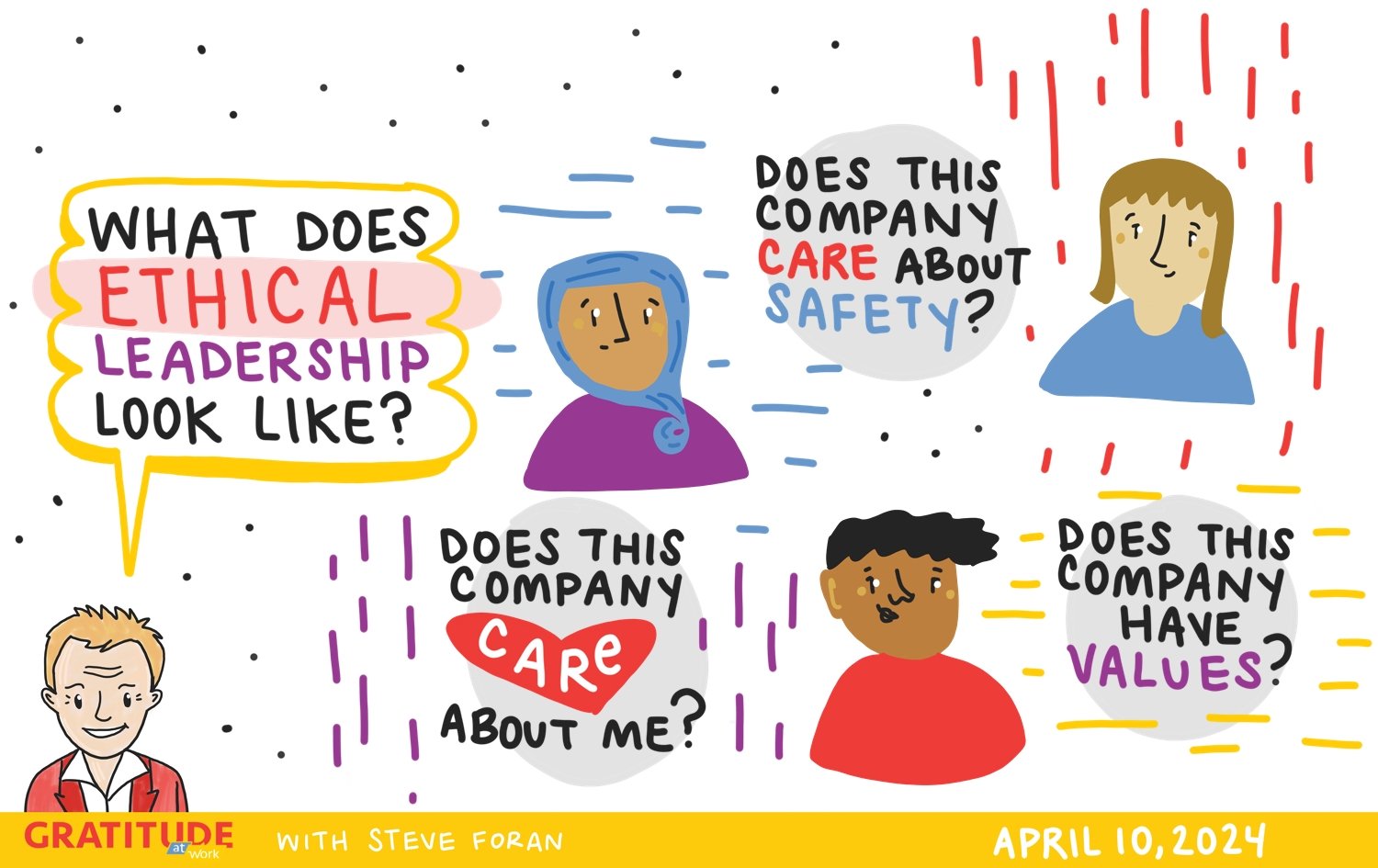The Power of Ethical Leadership

It’s 1993. I’m working at the electrical utility and we have a long standing supplier who has an innovative new product they’ve developed. We test a couple dozen for a few months and the account rep says, "Steve, the only way you’re going to know for sure, is if you take the jump." He’s right. The risk isn’t that large and we’ll learn quicker. "Ok—our current order of one thousand units per month—switch it over to the new model."
Everything is going great and then 2 or 3 months later, a defect surfaces that needs to be corrected. I call our account rep.
"The new model has a problem." I describe the issue. "Revert our shipments to the old model and keep us in the loop on the solution."
"No problem."
Three weeks later I get a call from the warehouse. "We just got this month’s shipment but they sent us the new model. I thought we are supposed to get the old model."
"Leave it with me." I call our rep and explain the situation to him.
He says, "This doesn’t sound right."
While we’re waiting to hear back from the account rep, here’s some more context.
The industry is scrambling to innovate and get first mover advantage in a product line that has seen very little innovation over many decades
The delivery arrived at our warehouse on July 6
Turns out our account rep is one of the most ethical suppliers I’ve ever dealt with. He gives me the rest of the story, which he didn’t have to tell me.
"Steve, the factory sent the product knowing full well that it would be returned at our cost. The plant needed to hit the second quarter projections to prove to head office that the new product is not a failure. I’m really sorry and don’t know what we can do to make up for this. Obviously your shipments will revert to the old model and your current order will ship immediately."
If you were the supplier, think of how this incident affects your culture and the mindset of your people. They will think:
values like "Customer Centric" and "Quality First" are out the window
the company will recklessly spend money to protect upper management
we should do whatever we can to hit a target, even if it goes against the corporate values
And your people will wonder:
does the company believe in safety and the other values ?
does the company care about me ?
What is the manufacturing plant doing now ? I don’t know, as there’s not a trace of the facility or the company anywhere online. So for you, when short term gains conflict with corporate values,
act like the account rep
don’t act like the supplier
Get our Keeping Level blog delivered to your inbox as soon as it’s released every second Wednesday.






























